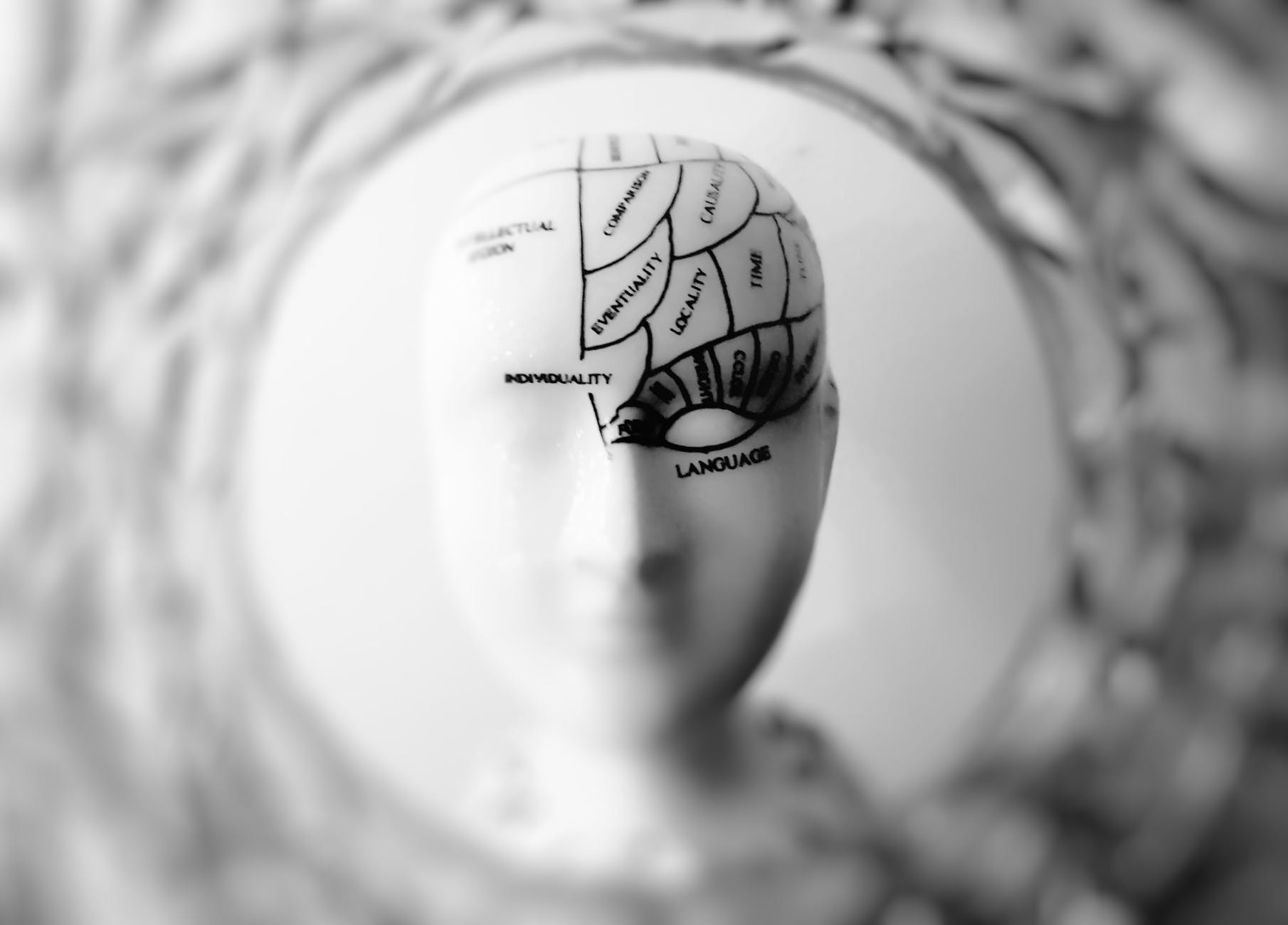Classical music, such as tunes by Beethoven, Mozart, Bach, Brahms, Handel or Tchaikovsky just to name a few, is an underutilized way to benefit health. You read that correctly—in addition to being arguably pleasant to listen to, classical music can actually benefit your health. Read on to learn about a handful of examples of how exactly your body and mind can positively respond to classical music.
Lower Stress Levels

The tempo of classical music is very similar to a normal resting human heart rate. By listening to classical music, your heart will naturally seek to keep pace with the beat of the music, which is a slow and steady rate. If you are feeling anxious or frightened, your heart rate may be very fast or you may feel your chest pounding.
After a few minutes of carefully listening to and focusing on classical music, your heart rate will slow considerably, thus lowering your stress levels. A racing heartbeat is likely to make you feel even more stressed than you already were.
A study found that pregnant women who listen to classical music were less likely to experience stressful pregnancies. This not only benefits the mother’s health but also that of the unborn child. It would not be out of the question for the unborn baby’s heart rate to slow as the mother’s slows, thus reducing its stress levels too.
Lower Blood Pressure
Lowering stress levels goes hand in hand with lowering blood pressure. As your heart rate slows, so too will your blood pressure. Listening to music can change the rate at which your heart beats. For example, listening to death metal or punk music can get your heart pumping faster, thus raising your blood pressure. Listening to classical music will get your heart pumping slower, thus lowering your blood pressure.
Lower Risk of Depression
A study conducted in Mexico found that listening to classical music can reduce your risk of depression and in fact even compared classical music’s effect on depression similar to that of psychotherapy, pharmaceutical treatments, and even electroconvulsive therapy. They found that people who listened to fifty minutes of classical music per day exhibited less depressive symptoms than those who did not at the end of eight weeks. The exact reasons for this are not fully understood, but it is a great tool to put in your antidepressant kit.
Improves Memory Function

Enjoying the beat of classical music has been proven to help memory power. This is why you can often find students listening to classical music while studying. If you have a big presentation coming up or an important speech to make, listening to classical music while you practice or prepare can help you to be successful in your endeavors.
Using headphones for classical music listening is a great idea because it will help you improve your memory function by not disturbing those around you. Even better—you will have the memory-boosting edge and they will not!
Improves Sleep Quality

Listening to classical music before bedtime can not only help you fall asleep faster, but it can also lead to better quality sleep being had. It has been suggested that one should listen to at least forty-five minutes of classical music before bed to help with sleeping. That would be the perfect time to prepare for your day tomorrow because as you just learned, listening to classical music can also help to improve your memory.
Pain Relief
Classical music can somehow also help to reduce levels of pain experienced, according to a study conducted in London, England. They found that patients who regularly listened to classical music took significantly less pain medication than those who did not listen to classical music. This could be a result of the lower blood pressure often exhibited by those who do listen to classical music.
Improves Productivity
Listening to classical music can help to boost productivity by making repetitive tasks more enjoyable to those performing them. A University of Maryland study showed that listening to Baroque music helped to improve radiologists’ accuracy and efficiency. It would probably be very beneficial to pump classical music into workstations where very repetitive work is being done, both to boost morale and production.
Increases Happiness

It may come as no surprise at this point that listening to classical music can make you feel happier. This is due to increases in dopamine secretion, which activates the brain’s pleasure center, similar to sugar intake or certain drug use. Listening to classical music is calorie free and will not get you arrested, so it is a much better choice overall.
There are many benefits to listening to classical music, including many that can benefit your health. So, next time you are looking for something new to listen to, why not give classical music a try? You might be surprised that you like it, especially once you find out your aced your test, no longer need your pain medication and sleep like a baby.

